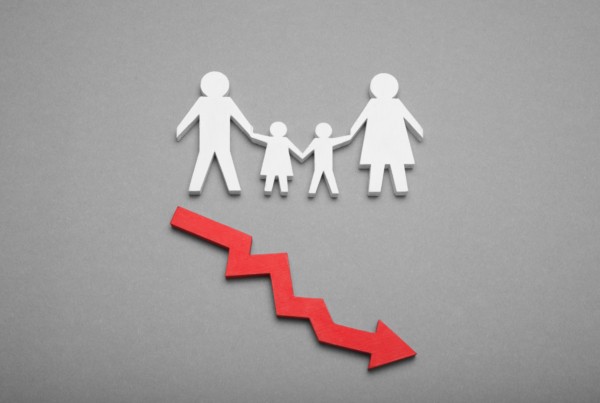As the world’s second most populous country with its 1.32 billion people, India does not come across as a nation that could be in the grips of a fertility problem. Yet, several studies suggest that a surprisingly sizeable proportion of the country’s men and women of reproductive age are in fact grappling with infertility.
An EY report published in 2015 indicates that nearly 10-15% of couples in India are unable to conceive by natural means. The report further states that approximately 22-33 million Indian couples of reproductive age are facing ‘lifetime infertility’. Doctors have reported an increase in infertility rates in urban areas of India and some estimate that one in six couples in these urban areas could be infertile.
Infertility as a reproductive health condition is neither new nor limited to a specific geography. In fact, it is known that infertility affects about 1 in 10 couples worldwide[1]. Of significance in India is that awareness of fertility problems is exceptionally low even with the high prevalence of infertility and the fact that producing progeny is held up as a highly cherished conjugal objective across the country.
A large international (18 country) study on Starting Families, confirmed that the “need for parenthood (or the importance of having children for achieving life satisfaction)” was found to be high in India. It also pointed out that although India and China equally associate parenthood with ‘higher social influence’, awareness of fertility problems is far lower in India.
This is a reality that deserves attention.
Over the last few decades, economic reforms introduced in the country have produced radical changes that have positively affected the aspirations of India’s middle-class. Interestingly, the desire to have children has remained largely unchanged. However, there is still widespread resistance to seek professional help when couples are unable to conceive by natural means. Women are hesitant to ask for medical advice due to taboos about seeking ‘unnecessary’ medical attention. At the same time, men are discouraged from asking for medical information due to ungrounded and unscientific ideas about conception and embarrassment in addressing what is considered a very private matter. However, if infertile Indian couples wish to fulfill their desire to have children, it is imperative that they obtain information about the causes of infertility and seek help that is readily available.
Unknown to many couples is the fact that there are both clinical and lifestyle factors that influence fertility. Some lifestyle factors such as the increasing rate of obesity in men and woman are highly prevalent in India. Clinical factors such as poly-cystic ovarian syndrome (or PCOS) among women and sexually transmitted infections among men (STIs)[2] also affect fertility.
However, irrespective of the varied and often complex causes that lie at the root of infertility as well as the urban-rural differences therein, what is clear is that couples need to acknowledge that coping with and addressing this medical condition is a journey they must undertake together. Couples must see value in supporting one another as they overcome widespread taboos, misconceptions and prejudice to seek out professional advice and information on how to tackle infertility. It is important for couples to assume responsibility to improve their own reproductive health.
We at YO embark on our journey to inform couples about reproductive health, fertility testing options and many related fertility topics with this new blog series. We hope to share with our readers unique views and insights into the common challenges surrounding the reality of infertility in India. Next week’s YO blog post will delve into why it is important to begin an open discussion about infertility and to address taboos around infertility. We hope to provide information to help empower women and men to be truly self-aware adults in order to make the right choices to take charge of their reproductive health. View all YO Products Here.







